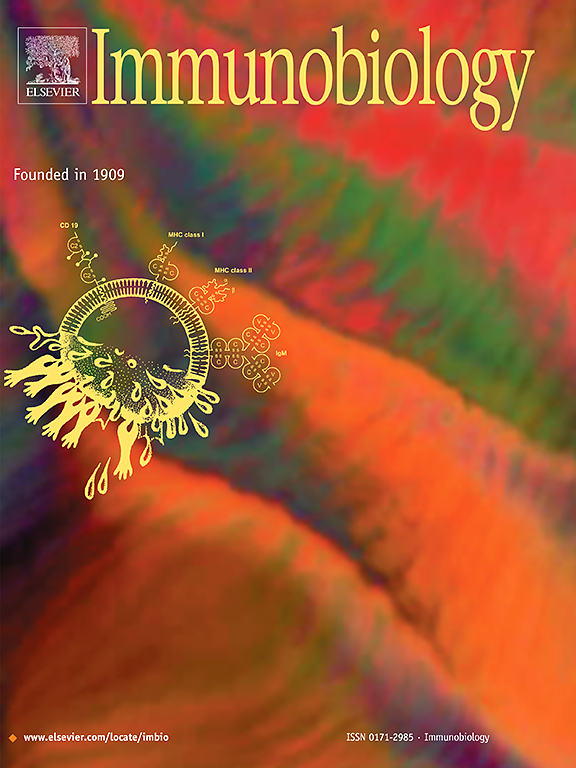Complement therapeutics in neurodegenerative diseases
IF 2.3
4区 医学
Q3 IMMUNOLOGY
引用次数: 0
Abstract
Neurodegenerative diseases (NDDs) such as Alzheimer’s, Parkinson’s, and amyotrophic lateral sclerosis pose considerable therapeutic challenges, not only due to their complex pathophysiology, but also because any effective drug must be capable of penetrating the brain. Inflammation is a key feature of NDDs. Increasingly, the complement system, long studied in the context of host defence, has emerged as a central player in the brain, with roles extending far beyond its classical immune functions. Complement contributes to synaptic pruning and immune surveillance, but when dysregulated, it can drive chronic inflammation, synapse loss, and neurodegeneration. Complement is also implicated in neurodevelopmental and neuropsychiatric diseases, including schizophrenia and mood disorders, where overactivation of the cascade impacts brain maturation and circuit stability. In this review, we take a broad view of roles of the complement system in both health and disease in the central nervous system (CNS). We summarise key mechanisms through which complement contributes to pathology, discuss emerging therapeutic strategies, and consider major hurdles in CNS drug development, including brain delivery and the need for patient stratification. As our understanding of the pathological roles of the complement system in the brain advances, it is becoming clear that complement therapeutics may offer a novel approach in slowing neurodegeneration, and in addressing a broader spectrum of disorders affecting the brain.
神经退行性疾病的补体疗法
神经退行性疾病(ndd),如阿尔茨海默病、帕金森病和肌萎缩侧索硬化症,不仅由于其复杂的病理生理学,而且因为任何有效的药物都必须能够穿透大脑,给治疗带来了相当大的挑战。炎症是ndd的一个关键特征。补体系统,长期以来在宿主防御的背景下研究,已经逐渐成为大脑中的一个核心角色,其作用远远超出了其经典的免疫功能。补体有助于突触修剪和免疫监视,但当失调时,它可以驱动慢性炎症,突触丢失和神经变性。补体还与神经发育和神经精神疾病有关,包括精神分裂症和情绪障碍,其中级联的过度激活影响脑成熟和回路稳定性。本文就补体系统在中枢神经系统(CNS)健康和疾病中的作用作一综述。我们总结了补体促进病理的关键机制,讨论了新兴的治疗策略,并考虑了中枢神经系统药物开发的主要障碍,包括脑输送和患者分层的需要。随着我们对补体系统在大脑中的病理作用的理解的进步,补体疗法可能为减缓神经变性和解决更广泛的影响大脑的疾病提供一种新的方法,这一点变得越来越清楚。
本文章由计算机程序翻译,如有差异,请以英文原文为准。
求助全文
约1分钟内获得全文
求助全文
来源期刊

Immunobiology
医学-免疫学
CiteScore
5.00
自引率
3.60%
发文量
108
审稿时长
55 days
期刊介绍:
Immunobiology is a peer-reviewed journal that publishes highly innovative research approaches for a wide range of immunological subjects, including
• Innate Immunity,
• Adaptive Immunity,
• Complement Biology,
• Macrophage and Dendritic Cell Biology,
• Parasite Immunology,
• Tumour Immunology,
• Clinical Immunology,
• Immunogenetics,
• Immunotherapy and
• Immunopathology of infectious, allergic and autoimmune disease.
 求助内容:
求助内容: 应助结果提醒方式:
应助结果提醒方式:


